Talk about the old and the new and you’ve got the essence of the Virginia Symphony Orchestra’s performance, Friday, in the Ferguson Center.
For this event, the VSO offered Barber’s “Adagio for Strings,” Philip Glass’s Concerto Fantasy for Two Timpanists and Orchestra and Rimsky-Korsakov’s “Scheherazade.” It also featured guest conductor Eric Jacobsen who is co-founder of The Knights, a leading edge musical operation made up of individuals from all types of musical influence that seeks to expand musical awareness and excitement.
In fact, Glass did just that: expand awareness and excitement. Glass is one of today’s most influential or controversial, liked or disliked composers mainly due to his minimalism and reliance on repetitive structure and patterns that to many signify nothing.
While “Fantasy” is not without Glass-ian conceits, there is a strong sense of form, accessibility and, at times, pleasing tonalities. It’s extraordinarily difficult for soloists and orchestra and definitely not for the faint-hearted or untalented.
“Fantasy” showcased the VSO’s Michael Laubach, principal timpanist, and Robert Cross, principal percussionist, and 14 timpani. Opening with a highly rhythmic, pulsating theme (a la television’s “Mission: Impossible”) that blended interestingly and effectively with orchestral patterns, the second movement ventured into a darker tone in which Glass’s more expected repetitive patterns and competing rhythms surfaced. The last portion began with a cadenza for soloists that, here, showcased their total control of the drums and led into a wild ride of syncopated, complex rhythmic patterns for orchestra and timpani that built to a frenzy of sound and bacchanalian abandon. While, at times difficult to zero in on so many contrasting rhythmic elements, it was exhilarating to hear.
Laubach and Cross masterfully handled, literally and figuratively, the Glass, allowing a greater appreciation of the full capabilities of the timpani. Hands, arms and mallets flew nearly nonstop as the two conquered the 14 in an amazing display. Without doubt, they delivered virtuoso performances that were as interesting and engaging to watch as any concerto. Jacobsen skillfully controlled things between soloists and orchestra and the inordinately complicated score, allowing a sense of cohesion and conquest.
The evening opened with the sublime Barber, which never tires from hearing. Its sensitive rendering was top notch, the VSO embracing the work’s passion and searing lines that drove deep into the heart of emotion. It was mesmerizing and emotional.
“Scheherazade” is a showy piece based on the folk tale “One Thousand and One Nights.” Highly programmatic, the musical tales vividly touch on such things as romance and rolling seas. So widespread is its popularity that many conductors go with the flow and offer nothing relevant in its playing. Jacobsen, however, brought to it notably dramatic touches that enlivened it and allowed it to explode with excitement. Far from ordinary, it was exceptional and drew a standing and vocal ovation.
Unfortunately, the spell and swell of enthusiasm was broken when on a stage bow Jacobsen, prompting us to sit down, announced that it was probably sacrilege to talk after such a closing. And he was right. But he did it, going on to say that “Scheherazade” was programmed to honor concertmaster Vahn Armstrong’s 25th year with the VSO and his solo work in the piece. I guess in order to leave us with something musical post tribute, Jacobsen offered an encore — Dvorak’s Slavonic Dance No. 8. It was right to honor Armstrong, but there were other ways or times to do it which would have nixed the need for a Pops-type encore, all of which dispelled the spell “Scheherazade” carefully cast.
Shulson, a Williamsburg resident, has been covering the arts for more than 40 years. He makes a guest appearance in Margaret Truman’s “Murder at the Opera.”
http://enewspaper.vagazette.com/infinity/article_share.aspx?guid=b865d4ab-1ac7-4434-8b6c-00b397db3a58
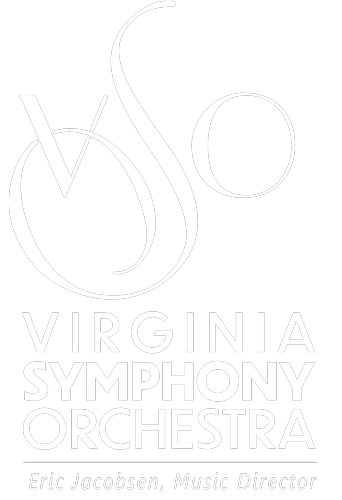
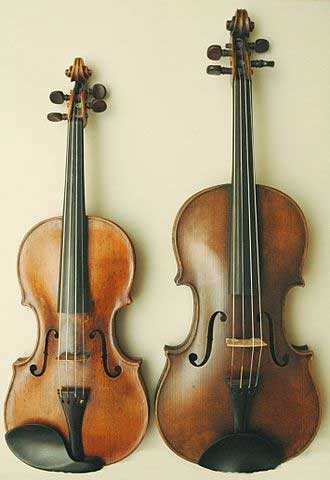 Viola
Viola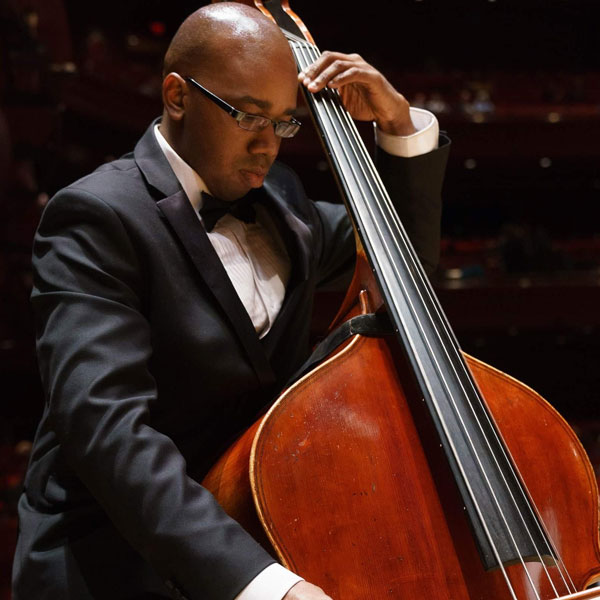 Zacherie Small
Zacherie Small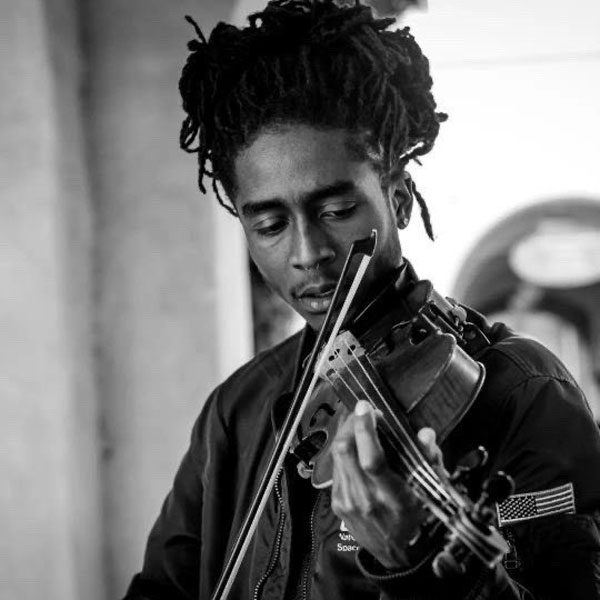 Omari Imhotep Abdul-Alim
Omari Imhotep Abdul-Alim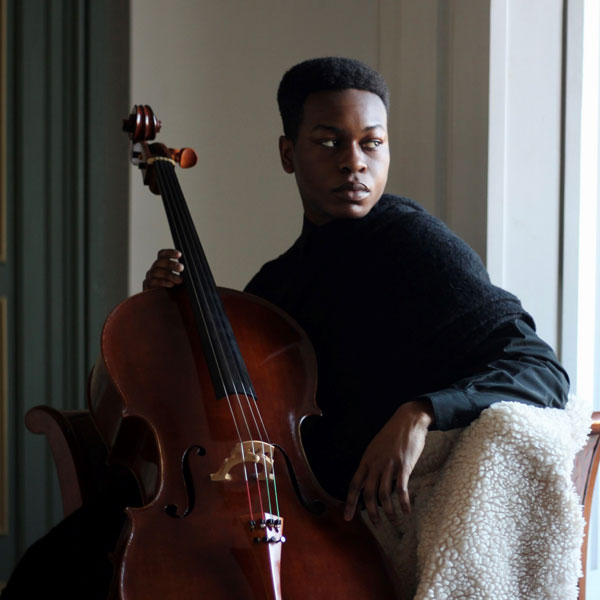 Emmanuel Losa
Emmanuel Losa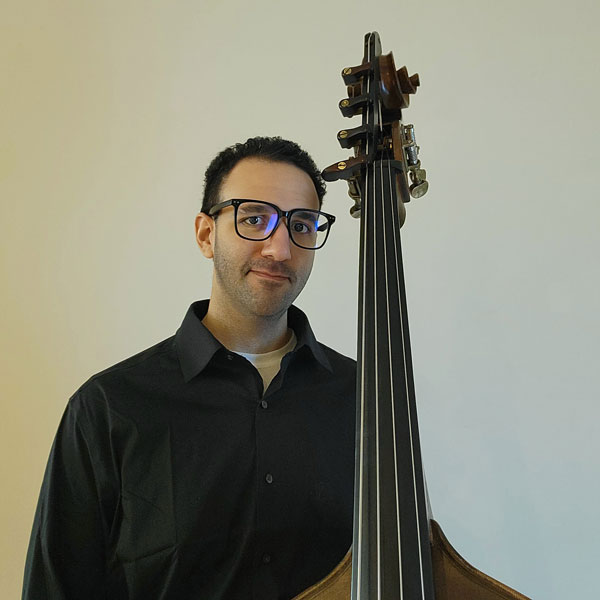 Avery Robinson
Avery Robinson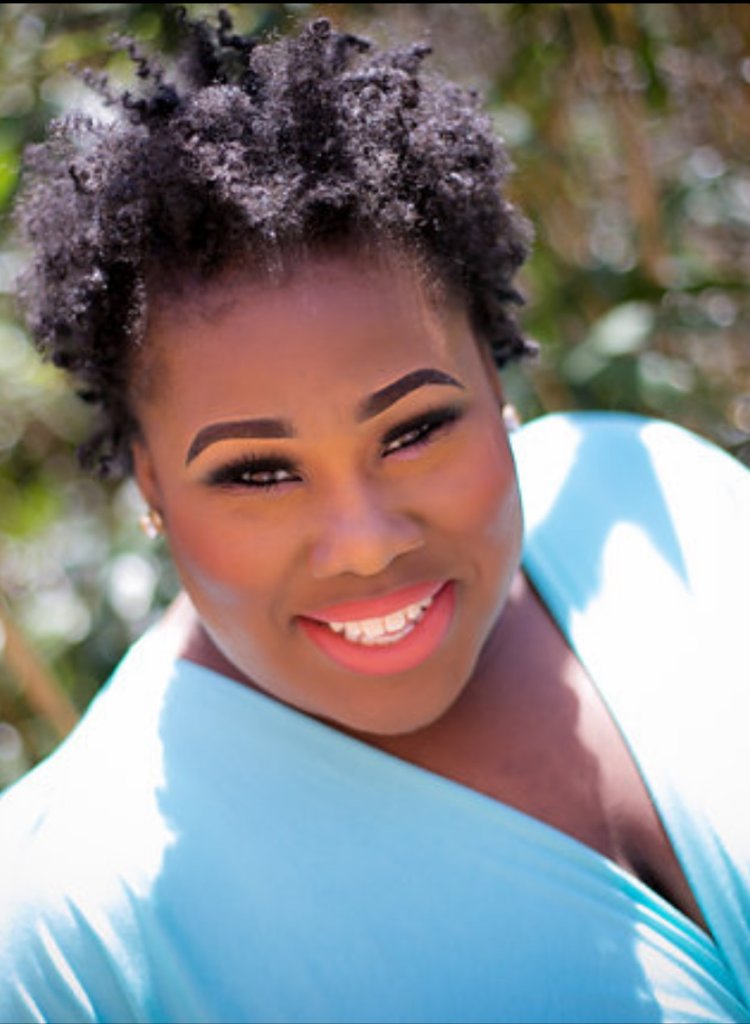 Simone Paulwell
Simone Paulwell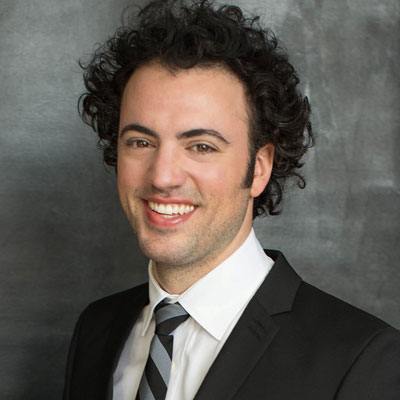 Eric Jacobsen
Eric Jacobsen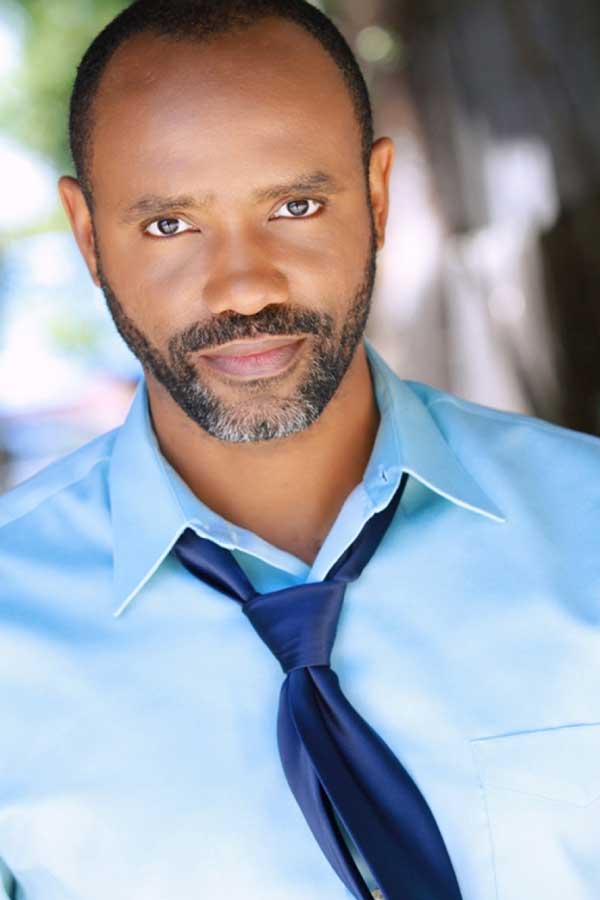 STAR OF BROADWAY MUSICALS THE GERSHWINS’ PORGY AND BESS, THE COLOR PURPLE, THE LION KING, and RAGTIME
STAR OF BROADWAY MUSICALS THE GERSHWINS’ PORGY AND BESS, THE COLOR PURPLE, THE LION KING, and RAGTIME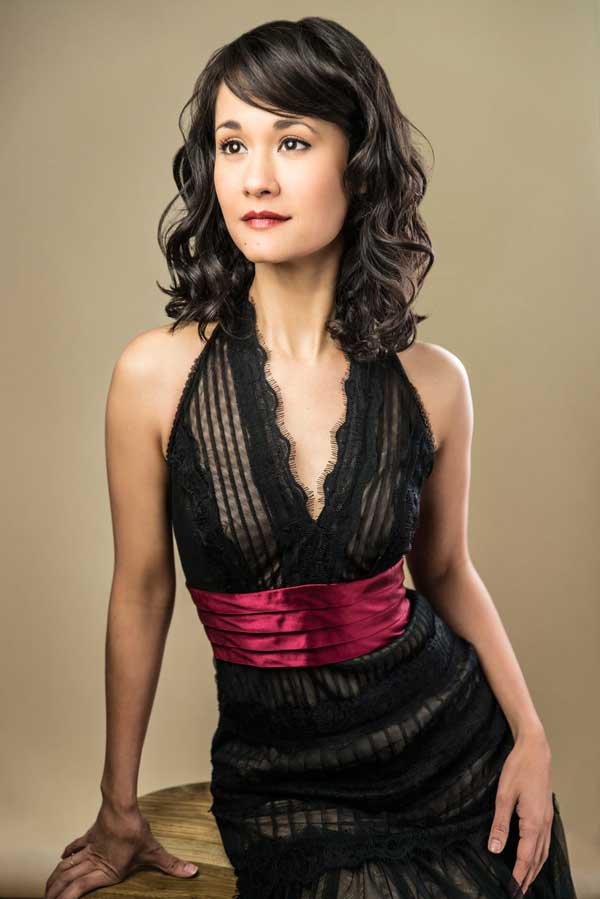 Ali Ewoldt has appeared as Christine Daaé in The Phantom of the Opera on Broadway, Cosette in Les Miserables (Broadway, National Tour), The King and I (Broadway, Lyric Opera of Chicago), and Maria in West Side Story (National Tour, International Tour). Ali’s concert work includes: Alice Tully Hall, NY Pops at Carnegie Hall, Houston Symphony, Kaohsiung Symphony and The Boston Pops. Ali has a BA in psychology from Yale University and is a proud Filipina-American.
Ali Ewoldt has appeared as Christine Daaé in The Phantom of the Opera on Broadway, Cosette in Les Miserables (Broadway, National Tour), The King and I (Broadway, Lyric Opera of Chicago), and Maria in West Side Story (National Tour, International Tour). Ali’s concert work includes: Alice Tully Hall, NY Pops at Carnegie Hall, Houston Symphony, Kaohsiung Symphony and The Boston Pops. Ali has a BA in psychology from Yale University and is a proud Filipina-American. 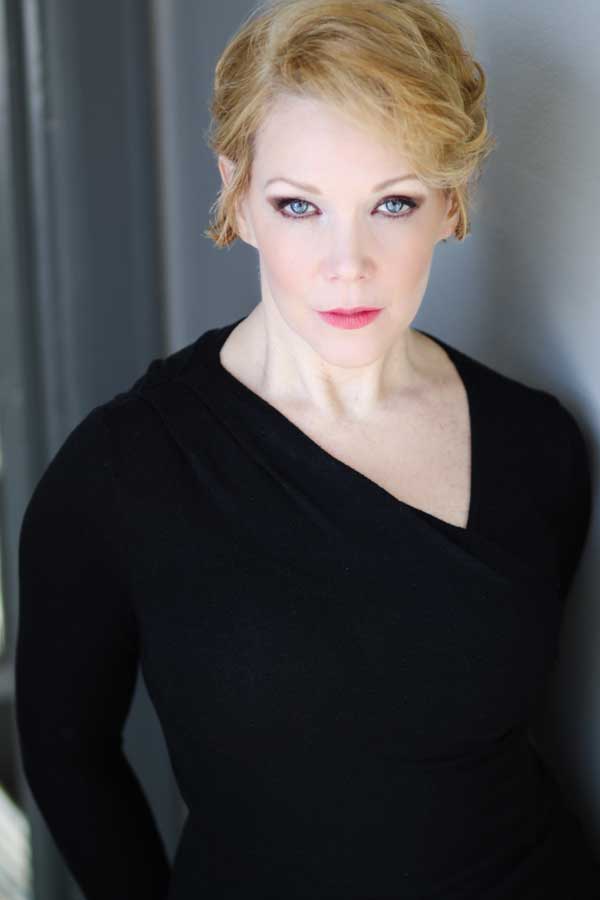 STAR OF BROADWAY MUSICALS SHOW BOAT, THE SOUND OF MUSIC, AN AMERICAN IN PARIS, and THE BOYS FROM SYRACUSE
STAR OF BROADWAY MUSICALS SHOW BOAT, THE SOUND OF MUSIC, AN AMERICAN IN PARIS, and THE BOYS FROM SYRACUSE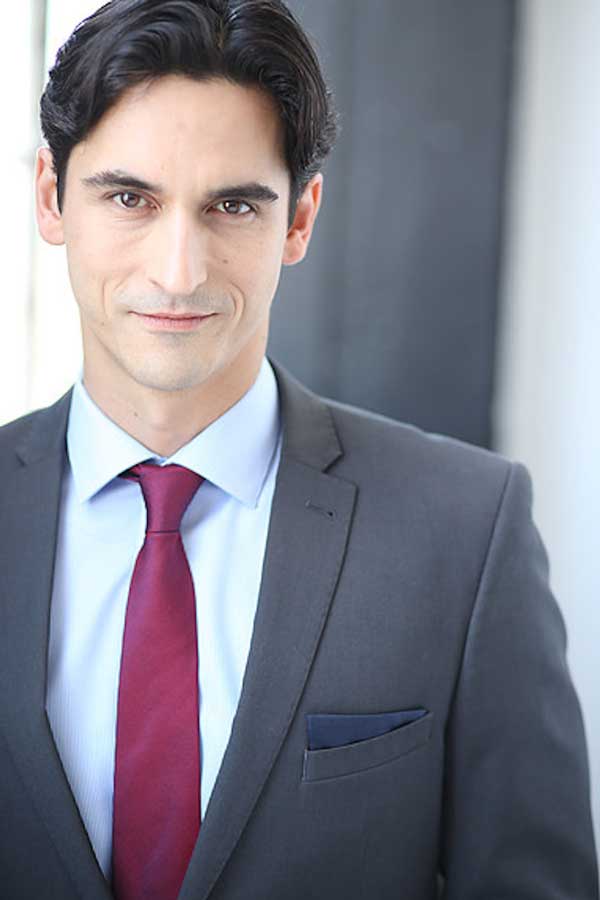
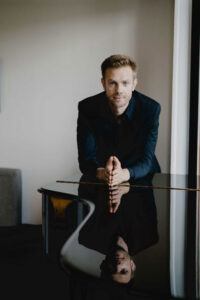 VSO Guest Artist: Andrew von Oeyen
VSO Guest Artist: Andrew von Oeyen